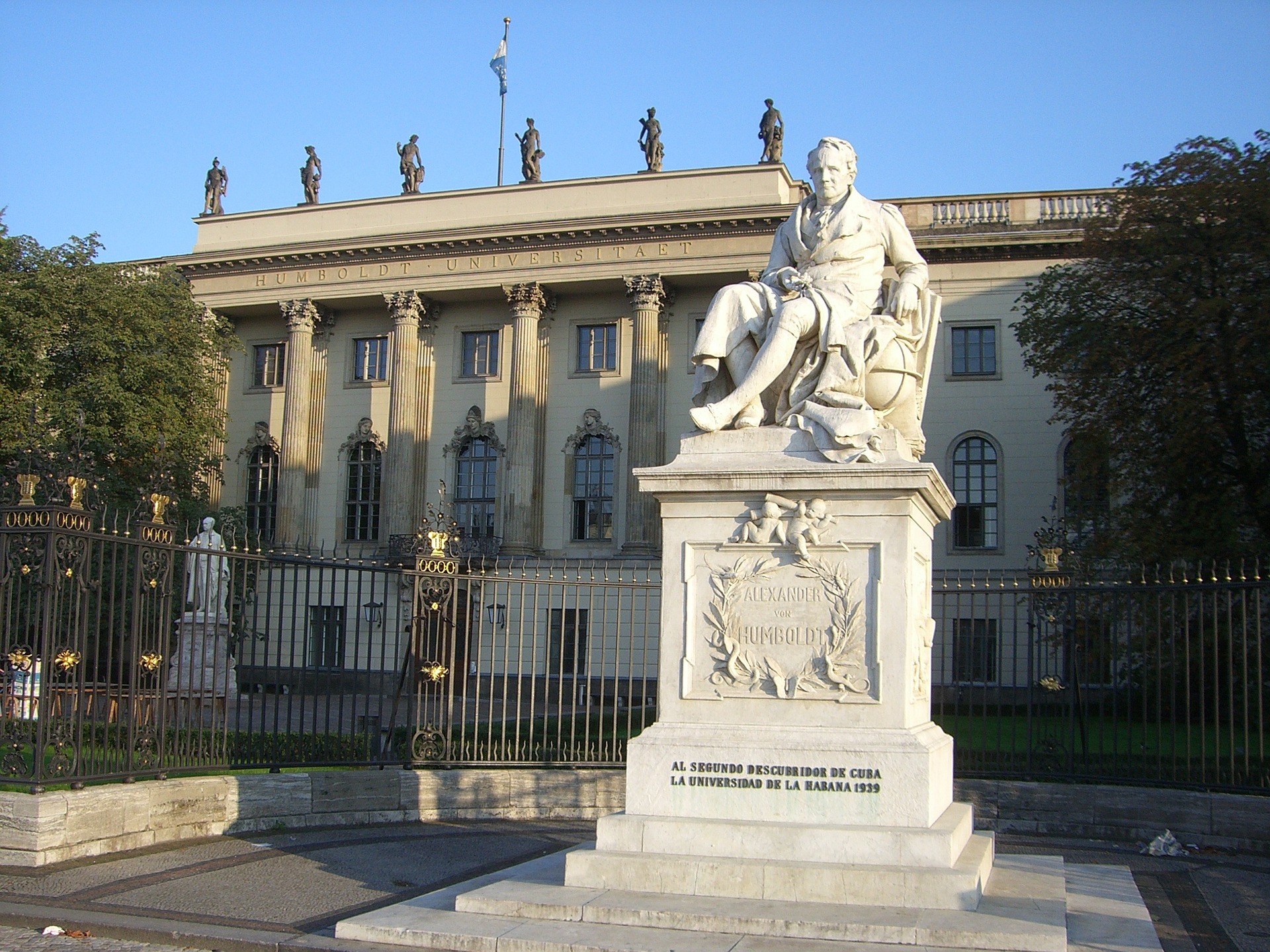He was a German naturalist, explorer, geographer and botanist. But above all, he was the pioneering scientist who for the first time observed, documented and analysed climate change over two hundred years ago. We are talking about Alexander von Humboldt. He was the first to consider the close link between man and nature.
Who is Alexander von Humboldt?
Born in Berlin in 1769, Humboldt considered nature “as a global force, with corresponding climate zones across continents”. It was a radical concept at the time, yet still capable of influencing our conception of ecosystems. 250 years after his birth, his thinking is more current than ever, as are his environmental concerns. This is why the scientist is also one of the symbols of the Fridays for Futures movement, which brings together young people from all over the world who demand concrete answers against global warming.
During one of his explorations in Latin America, Humboldt had the opportunity to see the consequences of colonialism. He became aware of climate change linked to reckless deforestation and the grafting of plantations. At the time, he was investigating dry hills and many land that had become barren. It was then on Lake Valencia, in northern Venezuela, where he developed his idea that humans had a negative impact on the climate.
During his travels he described what he saw to warn other people. For example, he said that because of the European plantations the forests disappeared and the streams dried up. Since there were no more trees to act as a barrier, the rain would eventually pour over the villages.
The First Environmental Scientist
In other words, Humboldt was an environmental scientist even before the words environment or ecology existed. But that’s not all. As he was already aware of what might have happened, he called for good global resource management at the time. He observed how the constant reduction of trees would have an effect on global warming. He said that plants are essential for climate stability and their presence allows the removal of emissions released into the atmosphere by human activities.
Throughout his whole life, Humboldt tried to warn man to handle nature with care. Unfortunately, his warning was actually ignored. In fact, soon things took the opposite path, that of massive development and unconsidered exploitation. Today, however, his books are world bestsellers as they are visionary and far-sighted. Many people in fact call him the man who planted the seeds of our world.

